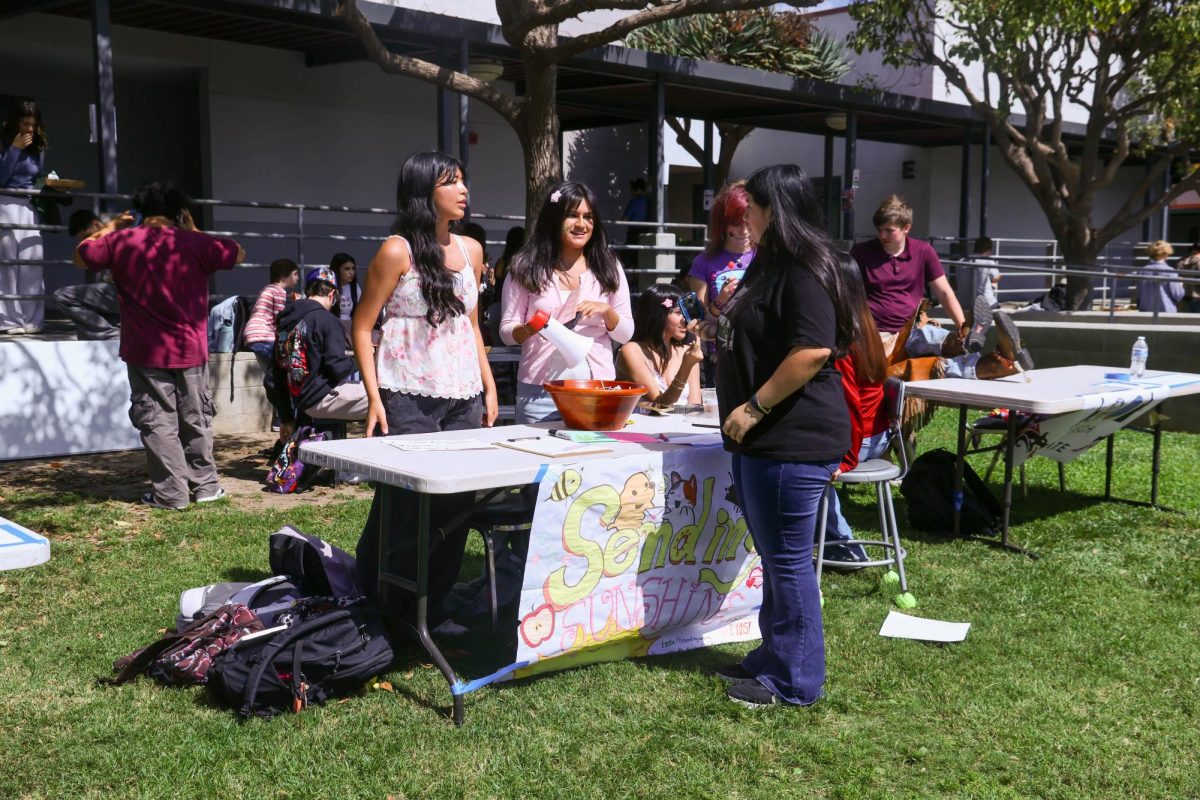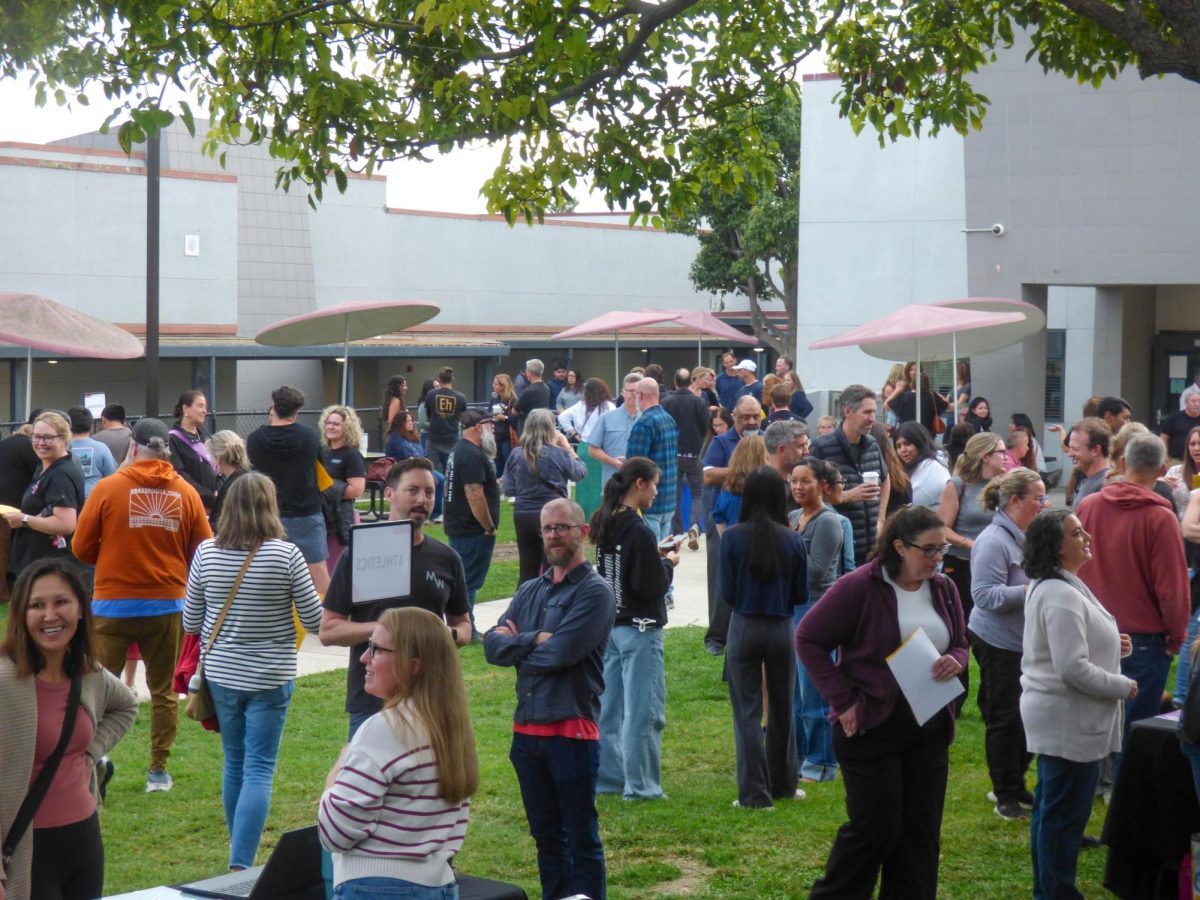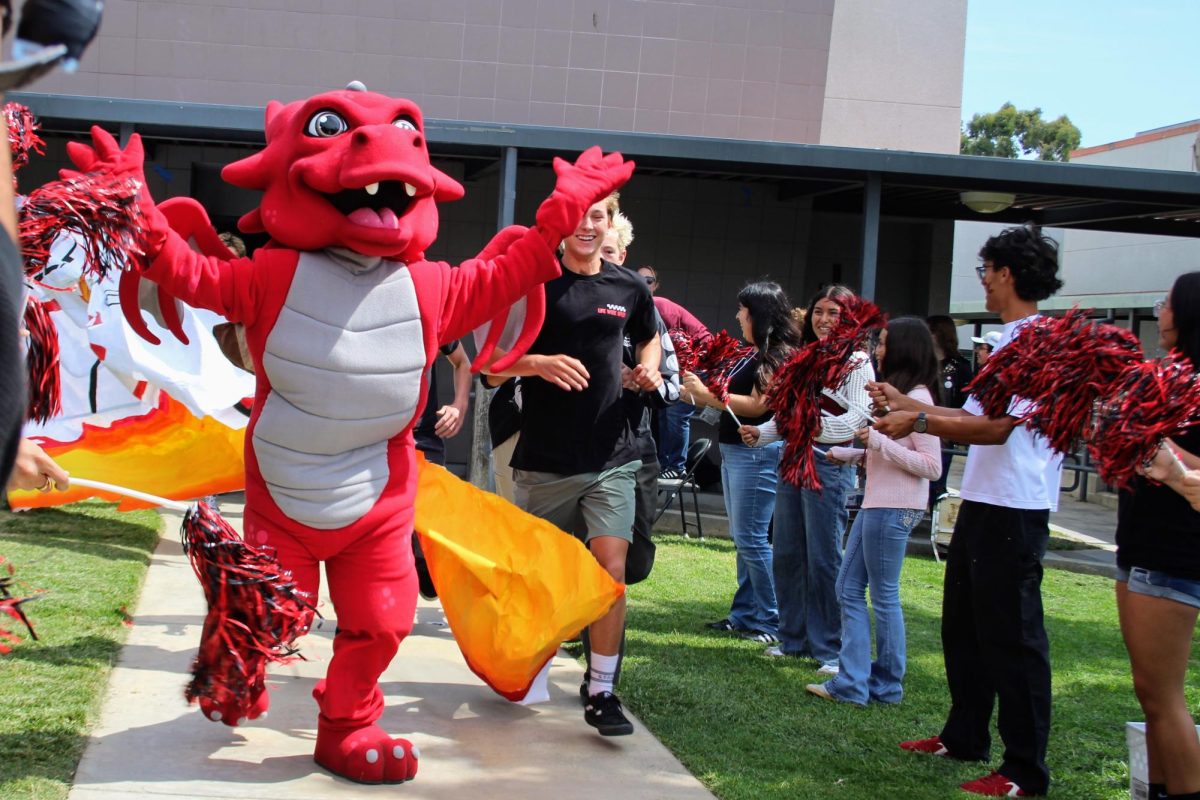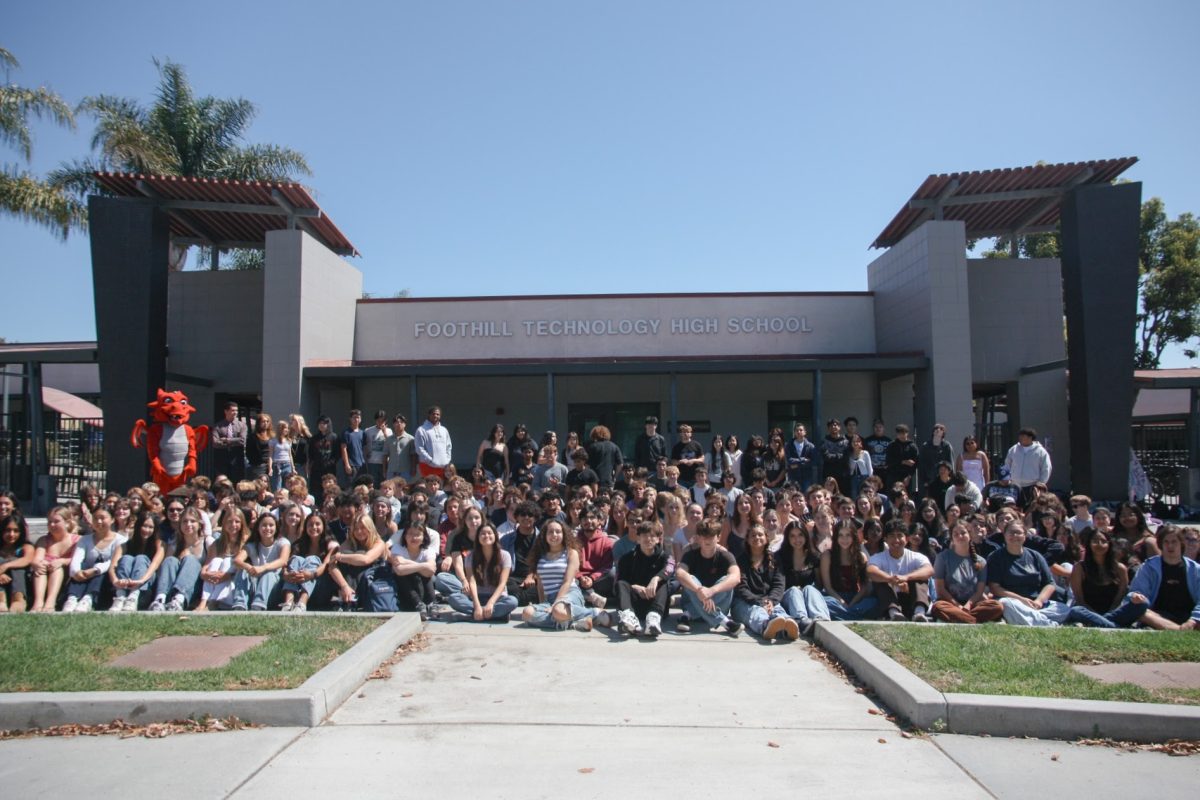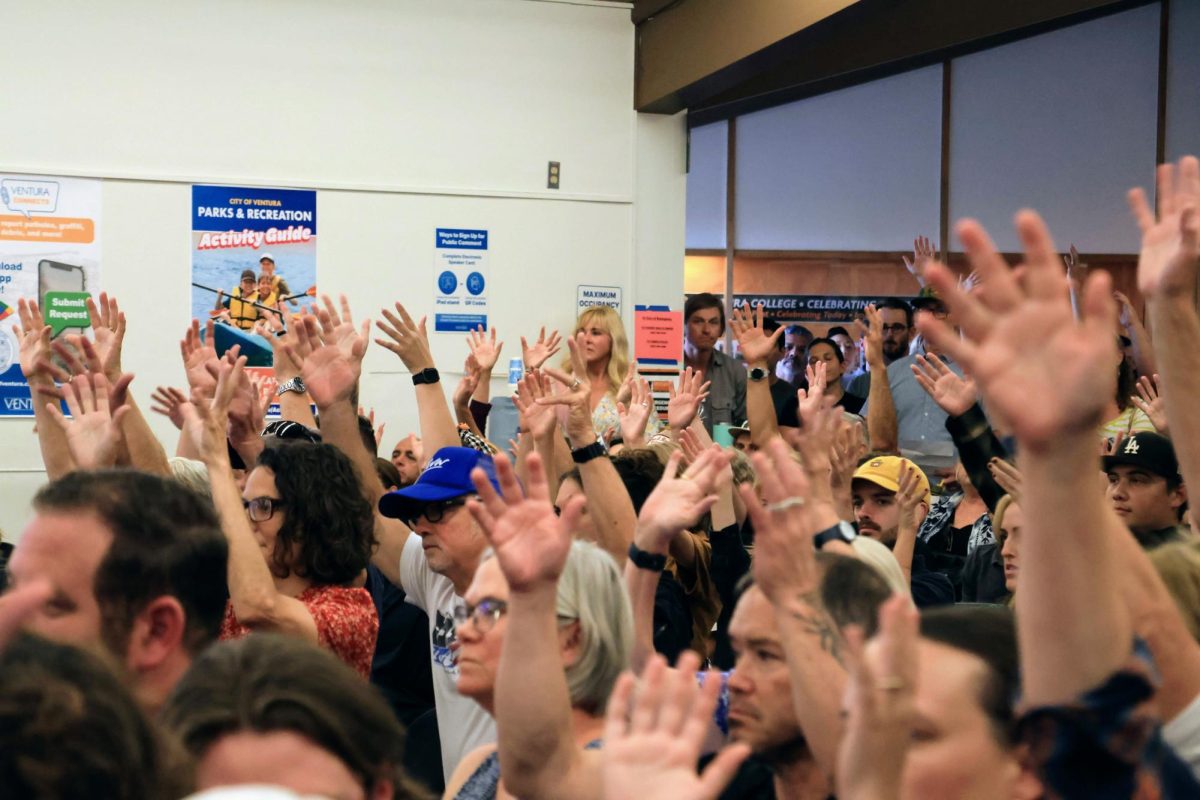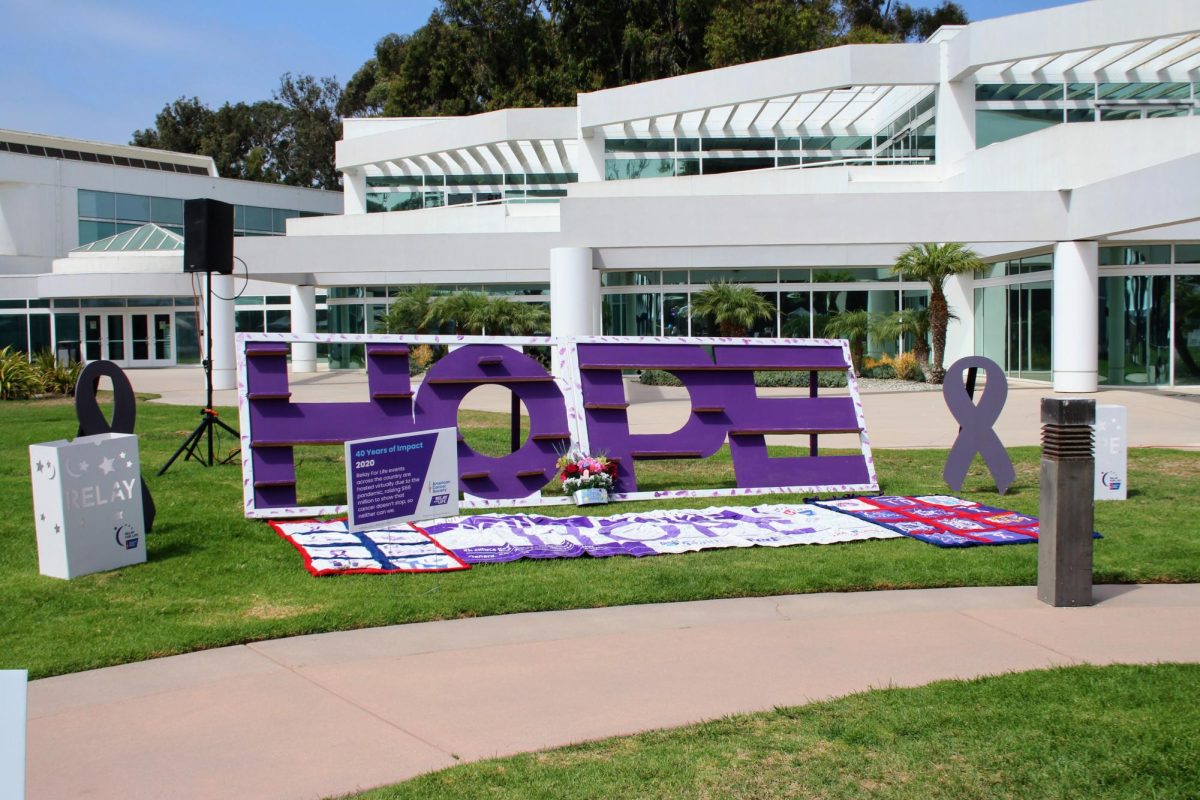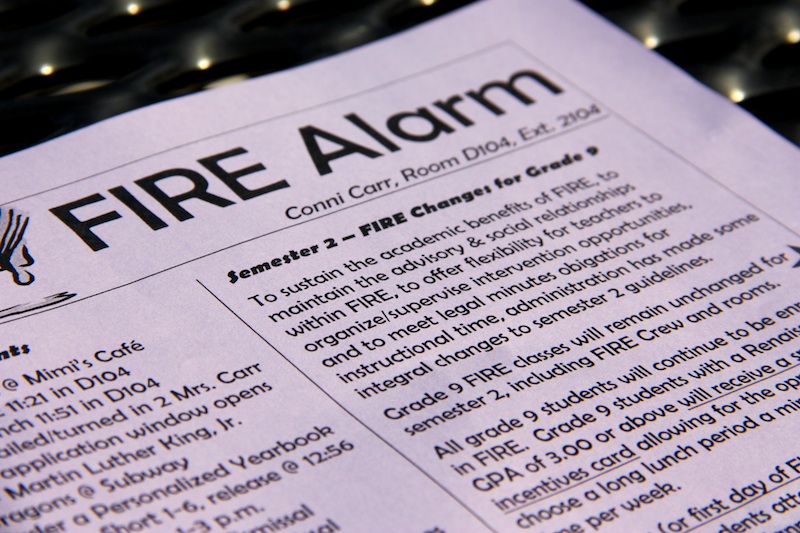
After months of administrative planning, students found out today that FIRE will be mandatory during second semester for freshmen.
FIRE, which stands for Foothill’s Intervention, Reinforcement and Enrichment Program, is mainly used to create both academic and social support for freshmen.
“Every year we reevaluate FIRE,” Principal Joe Bova said. “Philosophically, some people feel that the mentoring of freshmen should continue all year long.”
The changes to FIRE were decided during first semester by Foothill’s 18-person Leadership Team which is made up of teachers, counselors, and administrators.
{sidebar id=50}Some freshmen expressed their dislike over the new schedule.
“It’s the most ridiculous thing ever,” freshman Shelly Boyd said of the change.
Freshman Andrew Perez had similar feelings.
“It’s stupid,” Perez said. “I see why first semester, because you do homework and you meet some friends, but it doesn’t really help you academically.”
During FIRE, upper classmen serve as leaders and mentor a small group of freshmen for the first semester during a 30-minute advisory period before lunch Tuesday through Friday. In the past, students earning over a 3.0 GPA at the end of the semester would be released from the program.
“A concern is that when we let the freshmen out with a 3.0, their grades drop,” said FIRE coordinator Conni Carr.
Partially because of this, all freshmen will be required to take FIRE second semester. However, freshmen who maintain a 3.0 GPA will receive a pass that allows them to have a 60-minute lunch about twice a week on either Wednesdays, Thursdays or Fridays (See second semester FIRE calendar).
Senior Emily Rath and junior Stephen Mariani were among FIRE leaders unhappy with the change.
“It’s backwards thinking for how to motivate freshmen,” Rath said. “I know my kids aren’t going to be doing anything, and it’s hard for us because it’s really difficult to motivate them.”
“I like FIRE, but it seems a little unfair and uncentivizing [sic],” Mariani said. {sidebar id=49}
An argument brought up by some leaders is that to get out of FIRE as sophomores, freshmen will only need to maintain over a 2.0 GPA this coming semester.
Another downside to the change is that it also leaves teachers with less intervention time with non-FIRE students, Bova said.
“We usually let about two-thirds of the freshmen out at the semester, and [teachers would] have more strategic intervention days,” Bova said.
With the new system, teachers will be paired up together so that while one works with about 20 FIRE students, the other will be able to set up appointments with other students.
One of the main reasons that the change was made is because of Foothill’s long lunch. Because instructional time was taken away from classes to allow for a 60-minute lunch for sophomores, juniors, and seniors, this time has to be made up during FIRE. But in order to count as instructional minutes, 35 percent of the student population must be enrolled in the advisory period, a number that is closely watched by the Department of Education.
According to Bova, Foothill’s freshmen classes have typically been larger than other grades and were able to help easily satisfy the 35 percent requirement. However, because all four grade levels are roughly the same size now, Bova says that it is difficult to find a way to enroll the necessary number of students in FIRE.
“We’ve got FIRE crew, BioScience survey and then freshmen make up a large portion of the rest,” Bova said.
Despite the reaction to the change, Carr feels that the new program is as good as it can be.
“We’re trying to balance benefiting students while maintaining intervention time and keeping grades up,” Carr said. “We’re trying to keep everyone happy, and that’s impossible.”
Carr also believes that the change will have a positive affect on freshmen.
By keeping the same classroom assignments, “we’re maintaining the relationships built first semester,” Carr said. “And we’re keeping the high-achieving students in contact with the rest [of the students]. They can be role models.”
And in the end, the new system may be changed in the future.
“Some people agree, some people disagree with it,” Bova said. “Personally, I’m for freeing up more time for intervention, but we’re trying this now. We’re always tweaking FIRE and it may change next year.”


